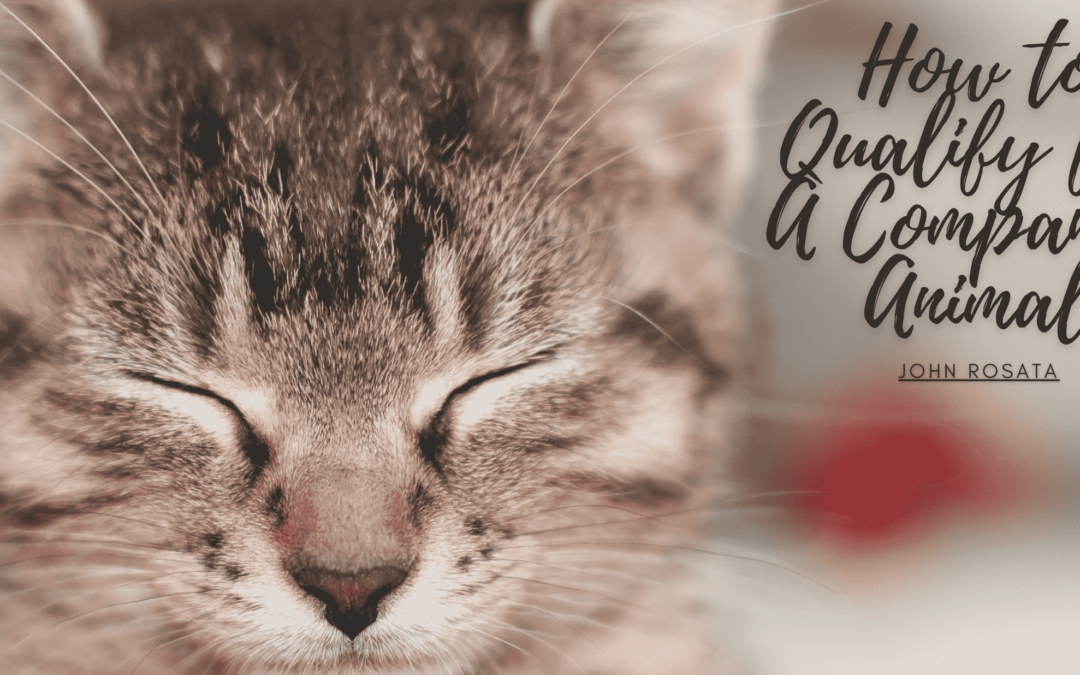Life is full of stressful situations and disabling disorders that can be nearly impossible to manage without the calming presence and motivation of a companion animal. Emotional support animals or ESAs are able to stay with their owners in no-pet housing due to their essential emotional function to their human. There are several disorders that qualify an individual for a companion animal.
How to qualify
There are many emotional disorders and disabilities that can qualify an individual for a companion animal, including cognitive or motor skill disorders, ADD, gender identity crises, substance-related disorders and others. Individuals seeking to have a formal companion animal must be diagnosed by a mental health professional and have them write an emotional support animal letter that can be given to landlords and property owners.
The disability must be formally listed in the Diagnostic and Statistical Manual of Mental Disorders or DSM. The ESA letter must also specifically be written by a mental health professional and not a regular physician or doctor who specializes in another field.
Emotional support animal letter
The ESA letter is written on the professional’s letterhead with their license information and the date it was signed. To be able to use the letter, the individual must be a current patient of the mental health professional and have a diagnosed disability from the most recent edition of the DSM. The disability or disorder itself must limit an individual’s ability to live their life to the fullest with the emotional support animal being an essential part of treating the condition. Finally, the letter will need to be no more than a year old and be renewed or rewritten once a year for as long as the companion animal is necessary.
ESA training
An emotional support animal is not a service animal and therefore does not typically have any training required to be qualified. An ESA provides emotional support to their human and can be a good match for the position as long as they don’t cause undue stress or harm to their human.
A companion animal can be an essential support pillar for a disabled individual who needs the extra help and motivation to get through the day.
